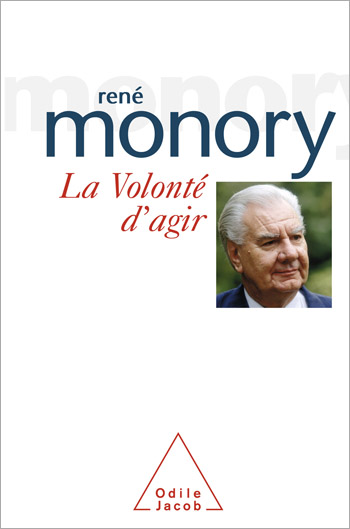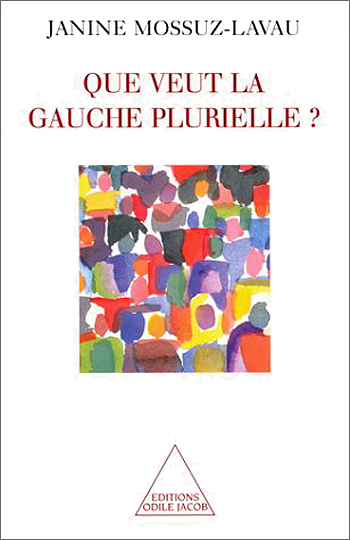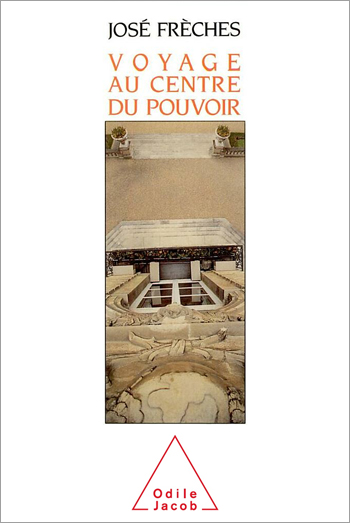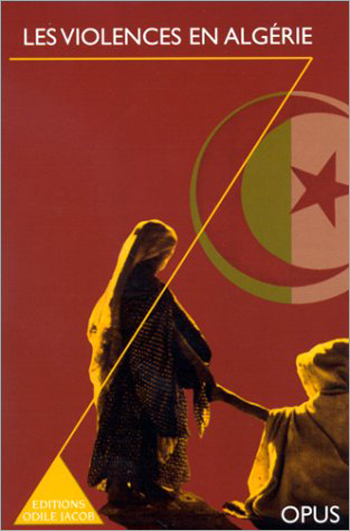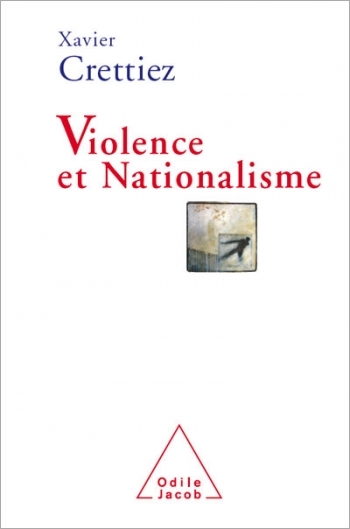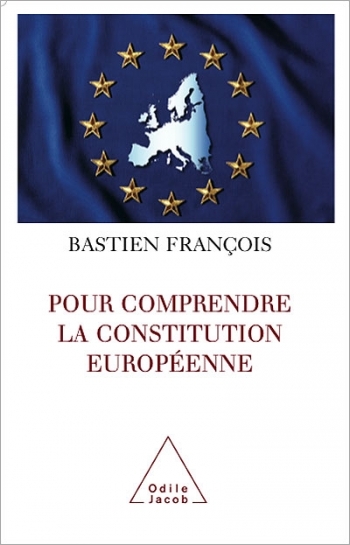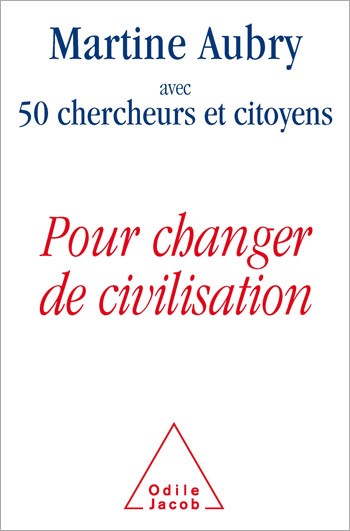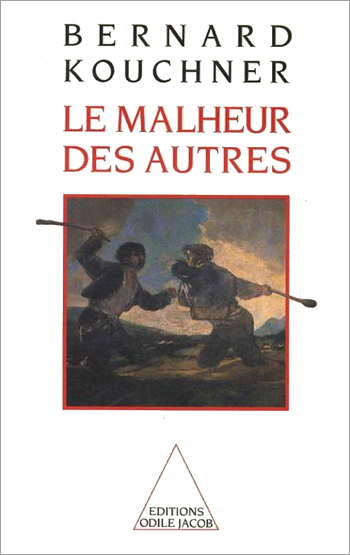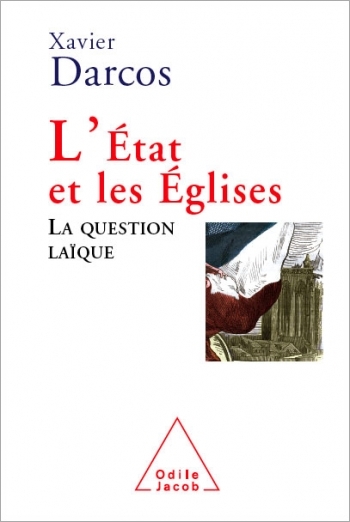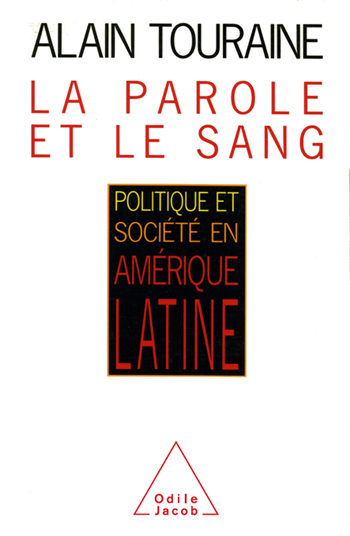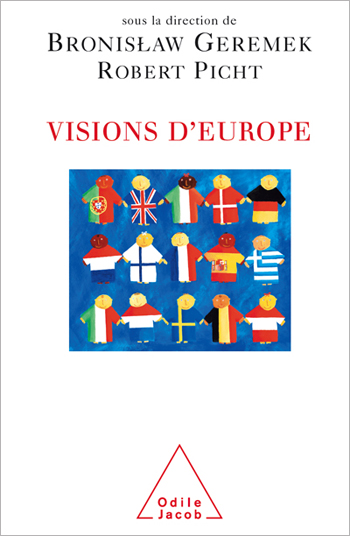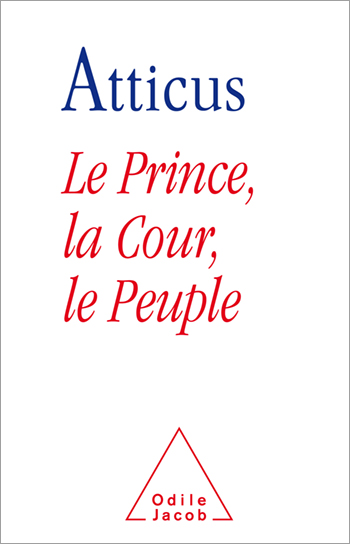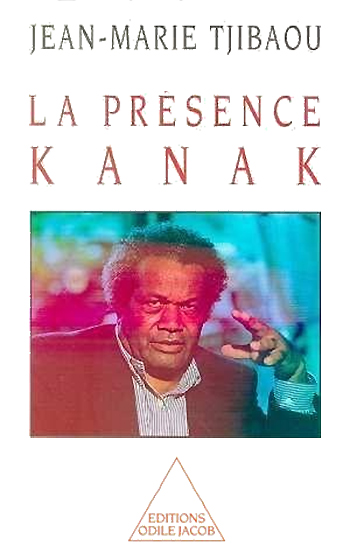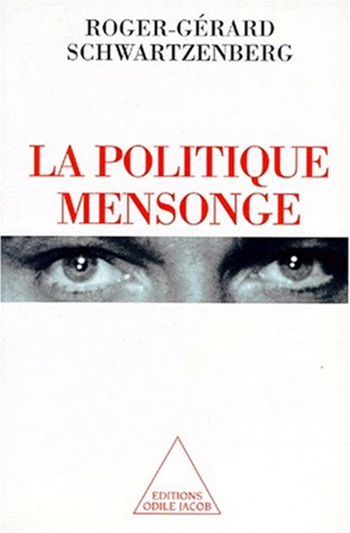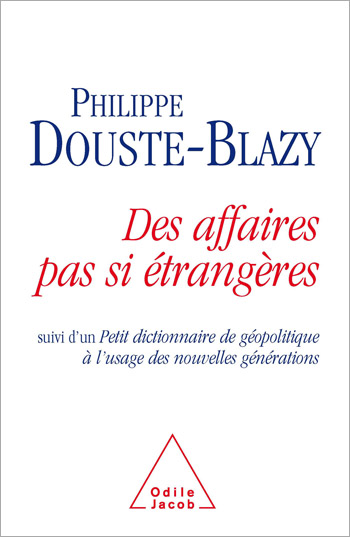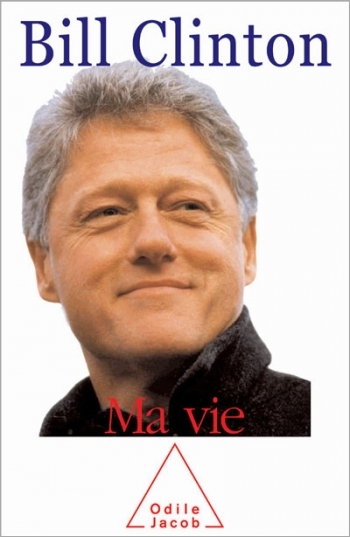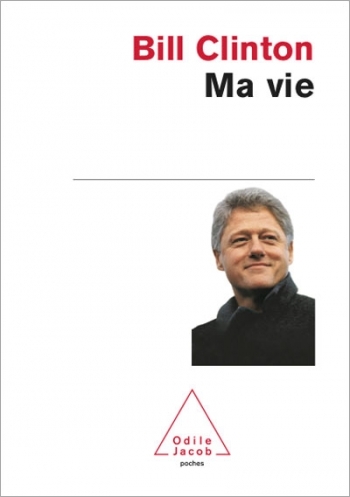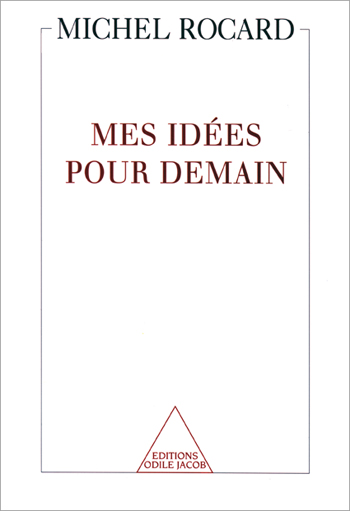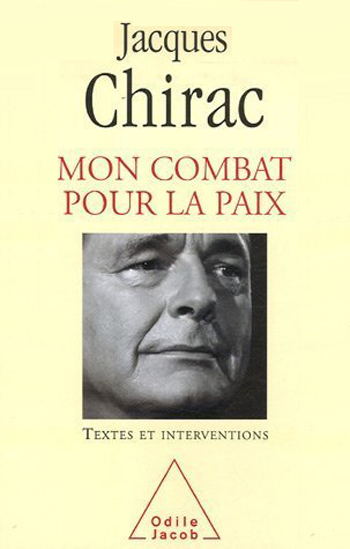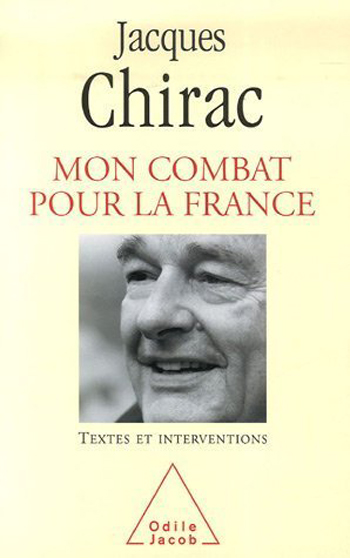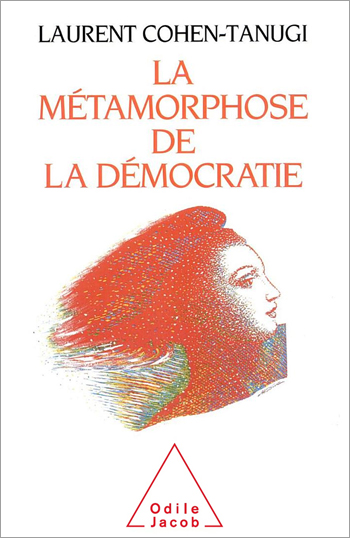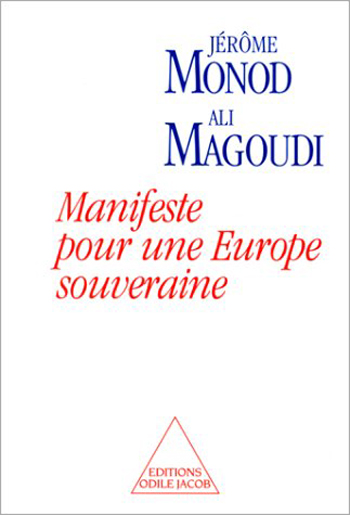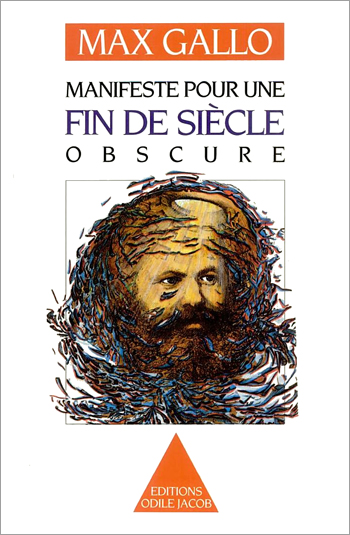Political books All books
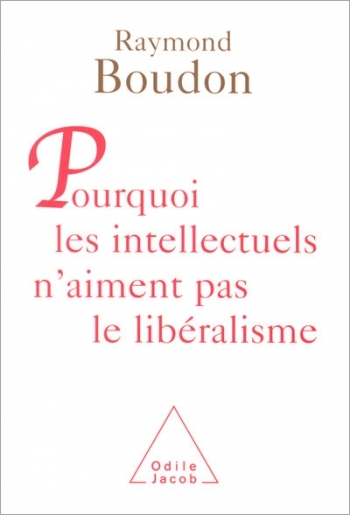
Raymond Boudon
Why intellectual peoples don't like liberalism
Given the intellectual force of liberalism, its political appeal, its economic effectiveness and its historical significance, why is it so unpopular among French intellectuals? Why does it elicit so little serious discussion? And why is it the object of so much confusion, so many clichés and misunderstandings? Is it simply out of resentment, because intellectuals feel that the market does not afford them the material and symbolic rewards that they believe they deserve? Is it just because they prefer to play a critical role in a society where capitalism is triumphant? Perhaps, but these reasons do not explain everything and they certainly dont explain the systematic rejection of liberal thought in France. A sociologist of knowledge rather than of social determinism, and a specialist in belief systems, Raymond Boudon ruthlessly analyses the cognitive mechanisms that make liberalism so hateful in the eyes of French intellectuals. The result is a keen, detailed review of the clichés that have encumbered discussions for more than thirty years. Raymond Boudon, a professor at the University of Paris-IV, is a member of the Académie des Sciences Morales et Politiques. He us the author of numerous works, most notably LInégalité des chances, La logique du social, LIdéologie ou lorigine des idées reçues, LArt de se persuader, Le Sens des valeurs and Déclin de la morale? Déclin des valeurs. He is the co-author, with R. Leroux, of Y a-t-il encore une sociologie?
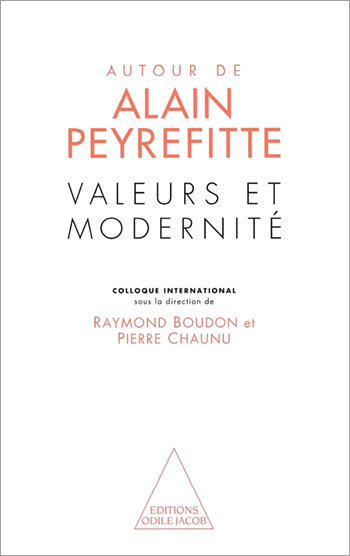
Alain Peyrefitte, Raymond Boudon, Pierre Chaunu
Values and Modernity Expanding on Alain Peyrefitte
With The Society of Confidence, and Of the Economic Miracle, Alain Peyrefitte has illustrated that growth is not primarily founded on the material wealth of a nation, capital, or even on work. Development is intrinsically linked to mentalities and values, which are the essential elements of economic, political and social modernity. Using this thesis as a starting point, the Institute of France organised a conference which brought together economic and technological historians, sociologists, criminologists, and experts from across the world, amongst which were R.Boudon, S.Eisenstadt, D.Landes, and S.Lipset. The wide spectrum of debate runs from the history of religious mentalities (P. Chaunu, J.Delumeau), to penal philosophy (D. Szabo). The comparative outlook of this book allows the reader an insight into the hidden depths of confidence, from Switzerland (J.-F. Bergier), to Japan (Terushi Hara), right through to the Third World (P. Moussa).
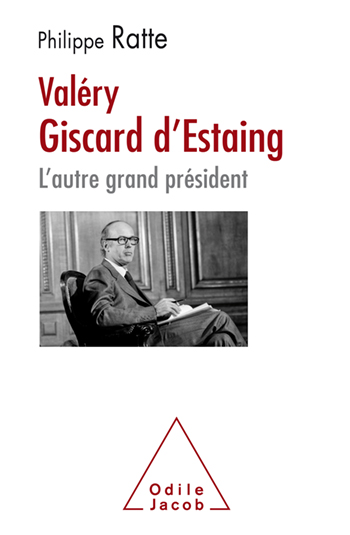
Philippe Ratte
Valéry Giscard d’Estaing The Other Great President
An original biography that convincingly and in a remarkably well-informed way develops arguments that support its position.
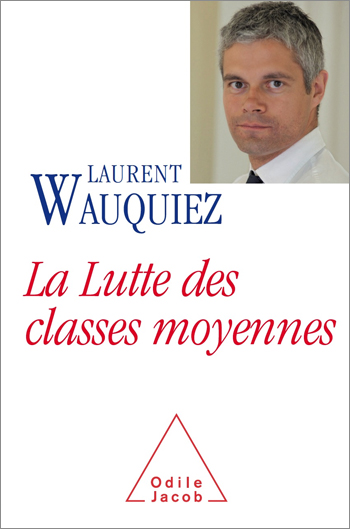
Laurent Wauquiez
The struggle of the middle class
In the run-up to the French presidential elections, here are a series of proposals that offer the middle classes the future perspectives they deserve
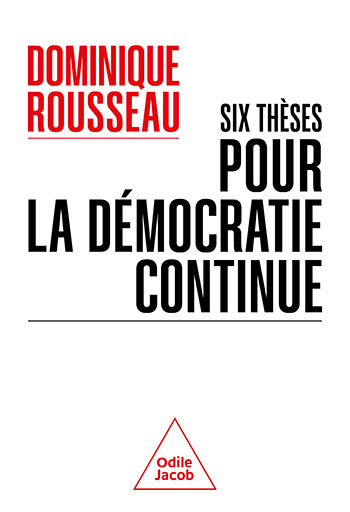
Dominique Rousseau
Six Theses in Favor of Continuous Democracy
The question of a change in constitution has often been raised: it is entirely relevant in the electoral campaigns of 2022...
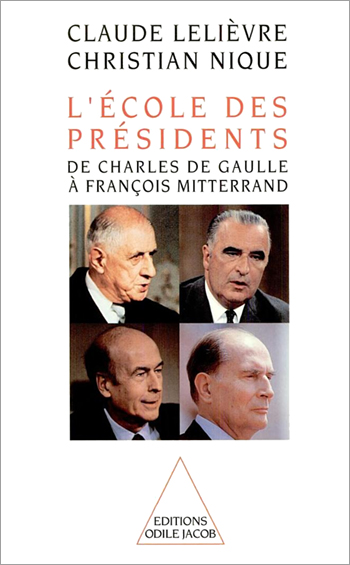
Claude Lelièvre, Christian Nique
The School of Presidents From Charles de Gaulle to François Mitterrand
What kind of education shaped Charles de Gaulle, Georges Pompidou, Valéry Giscard d'Estaing and François Mitterand? Who were their mentors? What was their opinion of school? What role is played in educational politics by a nationalist "Saint-Cyrien", a conservative "Normalien," a liberal from Polytechnique or ENA, or a socialist from Sciences-Po? How did their different educational experiences affect their actions and their views? A story of four great men who were once just schoolboys like everyone else.
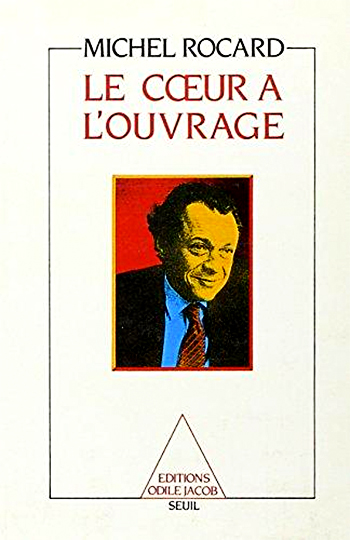
Michel Rocard
Putting One's Heart into One's Work
In this intellectual and political autobiography, former French Prime Minister Michel Rocard explains the ethical requirements which underlied his every political action. This book provides an uncompromising analysis of French society and politics by examining the economic, cultural and social questions which France poses itself today.
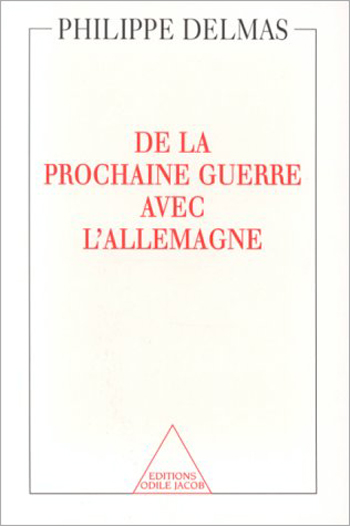
Philippe Delmas
Of the Next War With Germany
France and Germany are geographically close and yet so different. In this study of the two countries, the author examines French attitudes toward Germany, and wonders whether France will finally be able to rid itself of its traditional fears of its neighbour. Trapped by their anxieties and suspicions, torn apart by internal doubts, will France and Germany cease working hand-in-hand as they did during the Cold War and confront each other as opponents once again? Or will they seize the opportunity offered by European unification and finally learn to understand one another? This book provides the reader with athorough examination of the dilemmas facing both France and Germany.
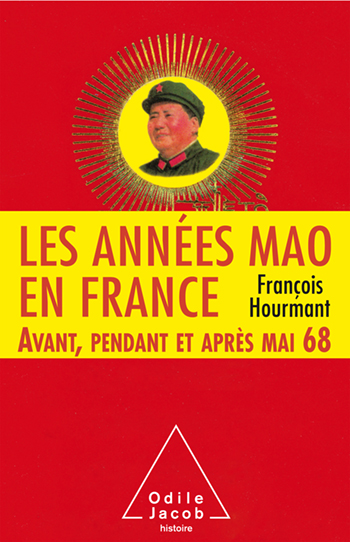
François Hourmant
The Mao Years in France: Before, During, and After May ‘68
The mechanisms of this “indoctrination,” personalities, organizations, journals, newspapers, authorities, and men in power who nourished and defended the Maoist ideology; what still remains of it today.

